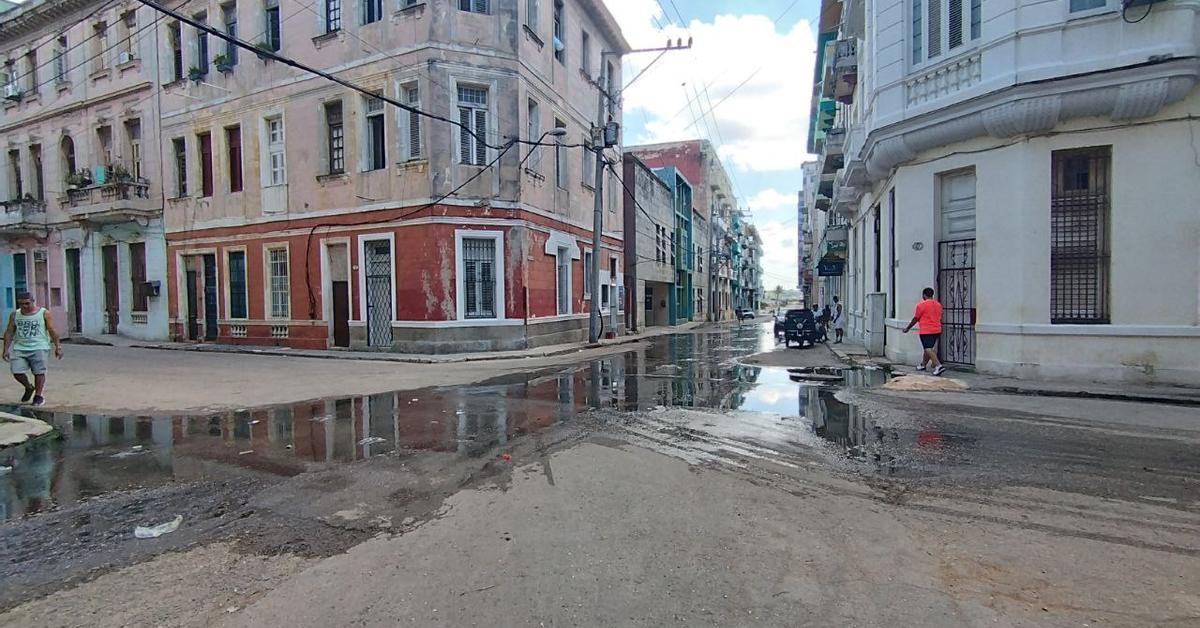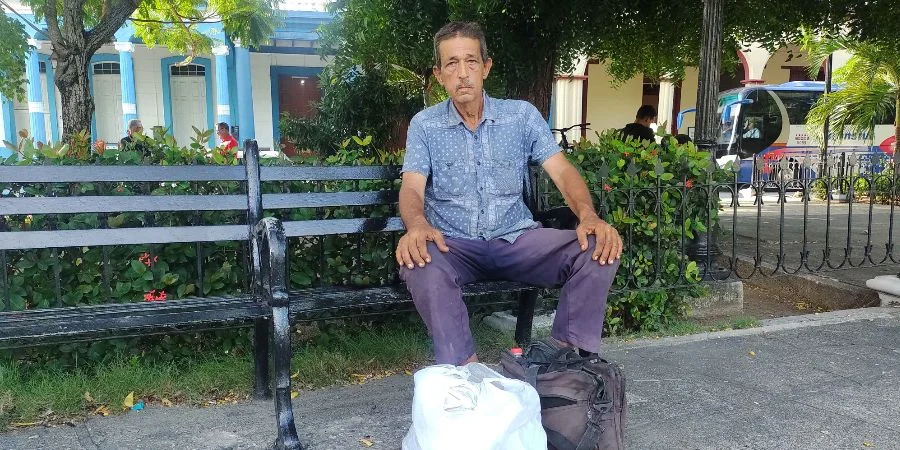Madrid/Concern is rife on the island after the director of Hygiene and Epidemiology of the Ministry of Public Health, Francisco Durán, spoke on Wednesday of a “considerable increase” in cases of Oropouche fever. Since the first patient was detected last May, 506 cases have been diagnosed, “the lowest figure in the Latin American and Caribbean region,” said the doctor. But the situation on the ground does not fit with the official optimism.
“In 99 municipalities?” laments one of the thousands of users who have reacted on social media to Durán’s statements. “I would say that in all the houses and shelters in Cuba there is no one left who has not fallen ill either from dengue or Oropouche. Not being diagnosed is another five pesos, since the lack of reagents, even for a minimum leukogram, makes it difficult. What can we expect for an antigen confirmation?”
“If you count those who have not gone to the doctor, that number is very small. At least where I live, even the dogs have caught it,” says a reader of Cubadebate.
Durán, who recalled the presence of the fever in all Cuban provinces, added that “so far no serious cases or deaths have been reported and 80% of the people who have been suspected of having contracted the disease without a test positive has recovered at home.” Another thing is how.
“If you count those who have not gone to the doctor, that number is very small. At least where I live, even the dogs have caught it.”
Agustín has been in bed for 21 days, confined to his house in El Globo, in Calabazar. Although his friends consider him a very healthy man, he says that the virus left him “fried” and only after these three weeks has he been able to speak.
Durán insisted that at first it was thought that the virus had no complications, but that recent studies – especially in Brazil – have revealed serious cases “with encephalitis, meningitis, mother-to-child transmission, abortion, fetal death, four newborns with microcephaly and two deaths.” In Cuba, he boasted, there have only been “clinical symptoms with meningitis, with satisfactory recovery.”
Meningitis, as a complication associated with Oropouche, has parents trembling, fearful of contagion. Although the arbovirus is only transmitted by mosquito bites, the networks have been filled with messages expressing fear of the possibility of meningitis – which is transmitted by contact and air – circulating in schools. The fear is, for now, unfounded, but that has not mitigated the fear at the doors of the start of the school year.
“I hope that measures are taken. At least the mandatory face masks and hand sanitizer at school. Then they send the children with everything,” says one mother. “Likewise –answers another among icons of concern– I am upset with this story about meningitis, with school and the children now.”
Durán’s words on how to prevent the disease have also irritated the population. The official stressed that the most important thing is “the sanitation of the environment, since Oropouche is transmitted by the bite of the mosquito of the genus Culex and the gnatcatcher (jején), raised in dirty waters.”
“With the greatest respect, do not frighten the people any more,” cried a man on Facebook. “There is drinking water running in the streets, the little that comes in. The sewers are out of a movie, the garbage is everywhere in the streets in any municipality, the heat is desperate due to the lack of light and the mosquitoes and gnats are having a good time. There is no fumigation, for God’s sake, Dr. Durán.”
The sewers are like something out of a movie, garbage abounds in the streets in any municipality, the heat is desperate due to the lack of light and mosquitoes and gnats enjoy
The minister described the overall epidemiological situation as “complex” since influenza and dengue are circulating simultaneously.
Oropouche was first detected in 1955 near the river it is named after in Trinidad and Tobago and is also known as “sloth fever” because researchers first discovered it in a three-toed sloth.
In 2024, it has reached Cuba and other countries where there had never been any precedents, such as Bolivia, Peru, Colombia and Brazil. To date, there are more than 8,000 cases, which is why the Pan American Health Organization (PAHO) issued an epidemiological alert in July 2024. Several cases have already been detected in Europe, most of them in Spain (16), imported by travelers arriving from Latin America.
On Tuesday, US health authorities reported that they had identified 21 cases of Oropouche fever among people returning from Cuba, three of whom had to be hospitalized.

















